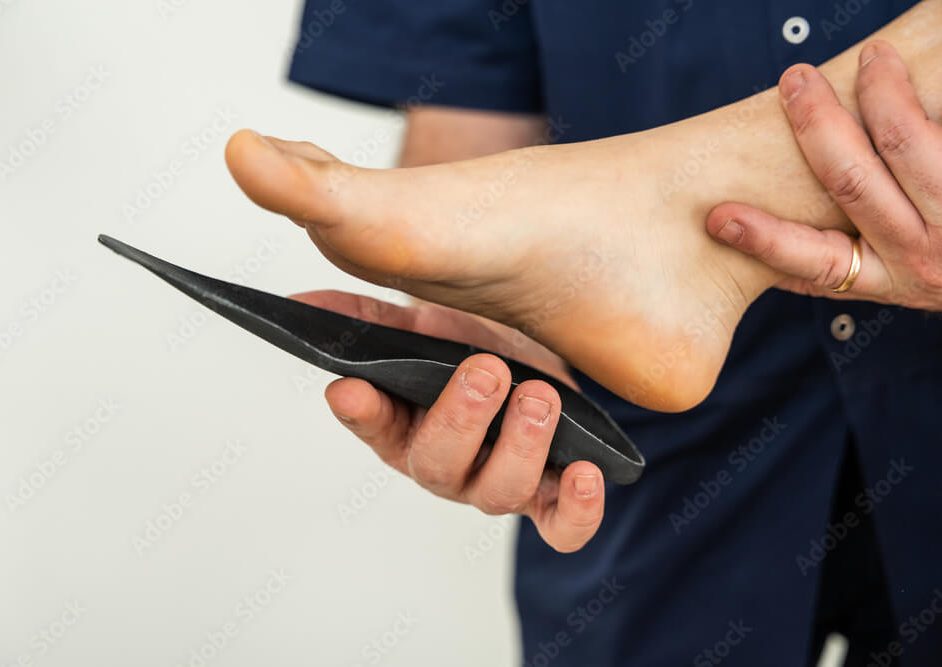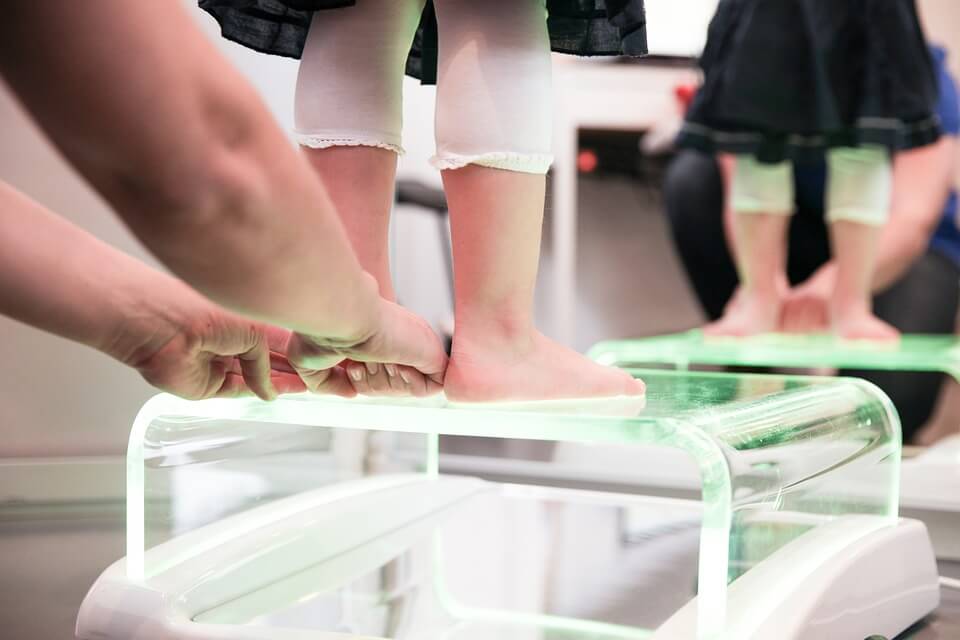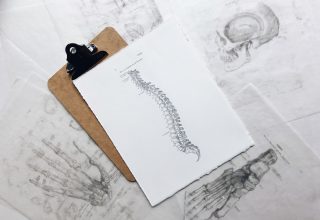How Do I Know If I Need Orthotics?
Orthotics have been a staple in dealing with various foot issues and preventing them in many cases. Individuals with flat feet or high arches as well as those engaged in physically active sports or occupations could significantly benefit from orthotics.
Certain orthotics existed 2,000 years ago when people would insert wool in sandals to provide support or add comfort. Today, with the constantly advancing podiatry technology, which could capture the form of the feet, customized orthotics are readily available.
Orthotics could provide adequate support to the feet in the best way possible. If you want to know about suitable orthotics for your foot problem, seeking advice from trusted professionals like Sunshine Coast custom orthotics specialists and similar experts would greatly help.
What Are The Types Of Orthotics?
There are three main types of foot orthotics. They are over-the-counter (OTC) or off-the-shelf orthotics, kiosk orthotics, and professional customized orthotics:
- OTC or off-the-shelf orthotics are readily available on the market. You could select one based on your shoe size and foot problems. Examples of foot ailment OTC addresses are arch pain and Achilles tendinitis.
- Kiosk orthotics would be available after getting a scan of your feet. A suitable style or size of orthotics would be made for you based on your foot scan and the foot problem you’re experiencing. This type of orthotic could help alleviate heel pain, general foot pain, and lower back pain and may also be suitable for a specific sport.
- Custom prescription orthotics would be available after an examination by a health professional, physical assessment, and evaluation of your health history and medical conditions. The doctor would decide on the suitable material to use and the degree of flexibility of the orthotics, which is followed by an impression mold of the feet. Based on the mold, the right orthotics would be made especially for you.
Aside from foot problems or conditions, you could also get orthotics if you’re engaging in certain sports such as skiing, basketball, tennis, or golf. Orthotics could help reduce pain and improve performance by aligning the ligaments, muscles, and bones in the lower body. People of various ages who have an active lifestyle, especially those who engage in skating, cycling, running, skiing, basketball, and golf, typically wear orthotics to accommodate the requirements of their specific sport and help enhance their performance.
When Do You Need Orthotics?

You may not be aware of it, but you may already be in need of custom orthotics. Here are some circumstances that may signal it’s already time for you to get orthotic inserts or shoes:
Structural Issues With The Feet
Regular shoes have a structure that’s suited for standard feet. But if you have high arches or flat feet, regular shoes might not be able to provide your feet the necessary support due to their anatomy. It’s best, therefore, to get orthotics. After consulting with a doctor, you’d receive custom orthotics that’d provide the extra support your feet need.
Long Hours Of Standing
When your occupation involves standing on your feet most of the day, it could be undesirable for your feet over time, as well as your hips, knees, back, and neck. With the help of customized orthotic inserts or shoes, the burden on the feet may be effectively lessened, which could allow you to engage in any activity your work requires.
Worn Out Or Old Shoes
If you’ve been wearing your old pair of favorite shoes, it’s time to know about the potential dangers of wearing old shoes with deteriorating soles. When both the insoles and soles start to thin out, they wouldn’t be able to provide your feet with proper support. In the long run, it could result in overpronation, or the rolling of the feet inward while walking, or supination, where the feet roll outward.
If you find it difficult to let go of your old shoes, you could use custom orthotics to ensure your feet get good support. Orthotics could be helpful in preventing the inward or outward rolling of your feet.
Foot Pain Or Discomfort
When you start to experience lingering or intermittent foot pain or discomfort, using custom orthotics might provide relief. In this case, it’s best to see a health professional ensure you get the proper orthotics.
If you’re experiencing piercing heel pain primarily upon waking up in the morning, it might be an indication of plantar fasciitis. This is a common type of foot problem, which typically occurs due to the inflammation of the plantar fascia, or the thick tissue band from the heel bone up to the toes.
The plantar fascia functions as a shock absorber and works by supporting your feet’s arch. It’s more prone to inflammation if you’re overweight; have flat feet, high arches, or tight Achilles; or spend long hours standing or wearing high-heeled shoes. However, if you wear custom orthotics, it may help lessen the symptoms by providing your feet extra arch support or heel cushioning.
Previous Injuries
If you have injuries to the lower limb, like your knee, hip, ankle, or leg, it might influence how you walk or run. It might affect the pressure you’re placing on your feet and trigger certain parts of your feet and lower legs to overwork. If you use orthotics, they may help limit and regulate the excessive movement of your feet and offload the sore areas. They may also reduce the possibility of further pain or injury.
Instability
If you have a foot type that moves significantly through the arch, such as too much rolling out or rolling in movements, it could cause a feeling of instability while walking or standing. Using orthotics could help provide stability and support while also limiting any discomfort and the risk of falls.
Diabetic Foot Complications
Orthotics are known to help in distributing pressure throughout the feet. With the role they play, orthotics are usually a component in the management of diabetic foot complications.
Conclusion
Throughout the years, orthotics have played a crucial role in correcting gait, distributing pressure throughout the feet, and providing arch support. With the various roles they play, orthotics could help prevent and lessen pain, swelling, corns, and calluses; correct body posture; and even manage headache and back pain.
If you’re considering getting orthotics, it’s best to see a healthcare professional, who’d likely recommended the right orthotics for you, depending on the site of pain and accompanying symptoms. The doctor would also help you decide if orthotics could help the condition or problem you’re experiencing.
Read Also:



